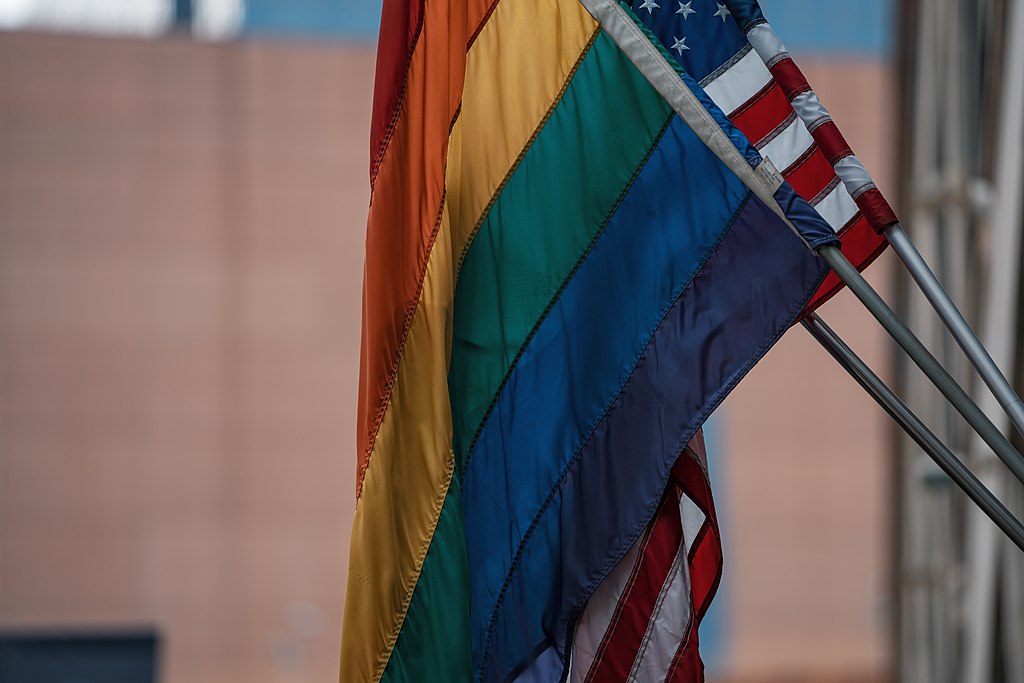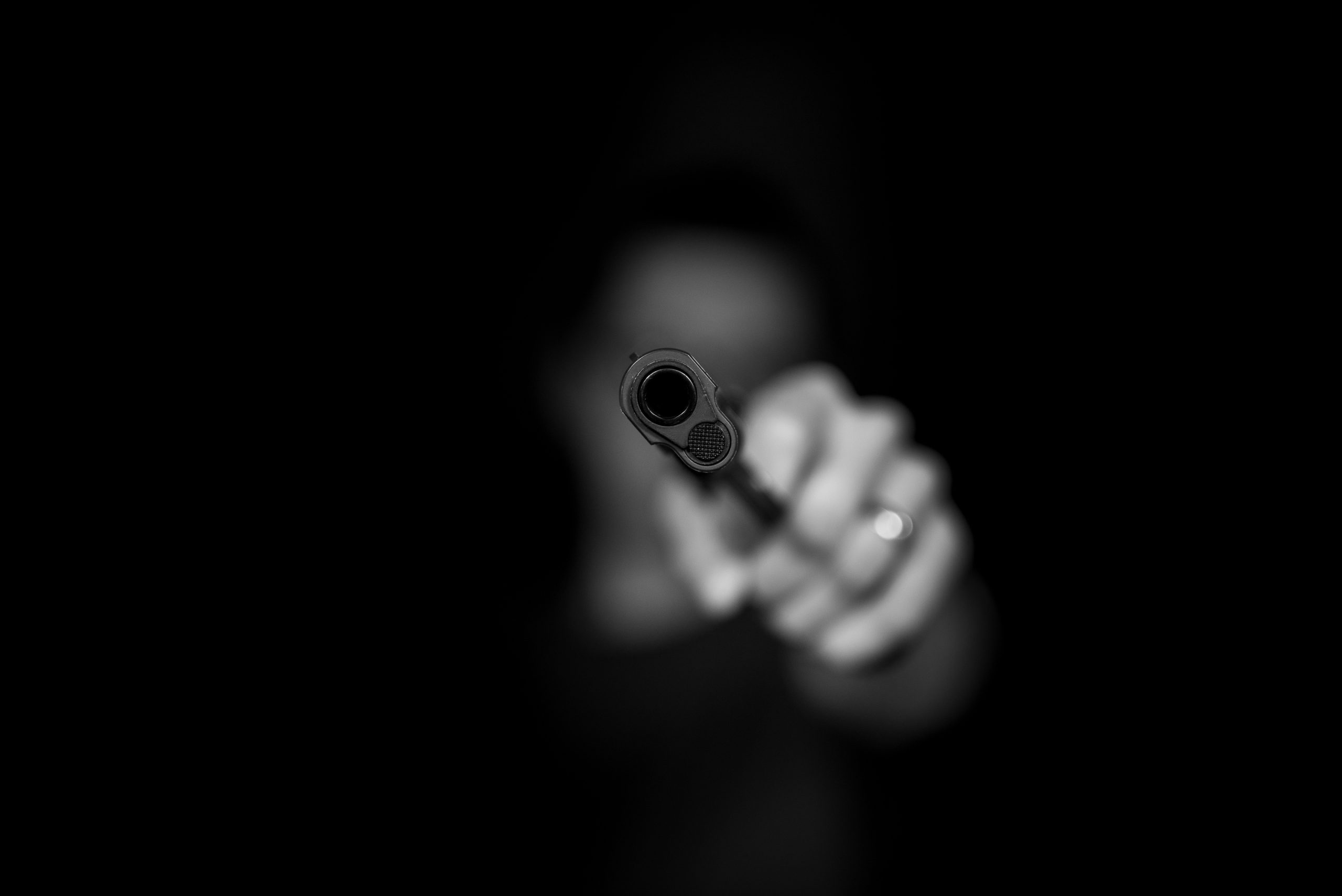Lit Mags
Coming Out in the Home of the Brave
"Democracy Was," a story by Patrick Ryan

Coming Out in the Home of the Brave
Democracy Was
1. Democracy was being told by my mother that I shouldn’t marry anyone without first living with that person for a year. Compatibility, she said, was crucial to a good marriage. I wanted to ask her if she wished she’d lived with my father for a year before marrying him, but I didn’t. It was 1976, and I was eleven years old. She assumed, as I did, that one day I would marry a woman.
2. Democracy was watching Barney Miller with my family and laughing at the gay characters and at the way the straight cops reacted to them. My father laughed along with us, but he wasn’t amused when I started mincing around the living room the way the gay characters had. “You know,” he said, “they didn’t used to have characters like that on TV.”
“What about Mr. Mooney?” I asked, still mincing. “What about Uncle Arthur? What about Dr. Smith?”
3. Democracy was discovering, upon turning eighteen, that when I did my compulsory registration for the selective service, I could also register as a conscientious objector. I told my parents my intention, and my father became irate. Only communists and homosexuals were conscientious objectors, he said. My mother defended me, said the choice was mine to make.
4. Democracy was cowering with my college boyfriend in his dorm room while some of the other young men who lived on his floor tried to kick the door in, yelling that they would kill us both if they got the chance. They didn’t know us but had caught on. My boyfriend called the campus police and explained what was going on. The banging and shouting were so loud that he couldn’t hear the response on the other end of the line.
“Can you repeat that?” he asked.
“You’re just going to have to deal with this yourselves,” the voice said.
5. Democracy was coming out to my recently-divorced mother when I was twenty-three and having her cry and say she was worried I’d get AIDS. And coming out to my father when I was twenty-five and having him reply, without the slightest change in his expression, “I know that. I’ve known since you were eighteen.” When I asked him how he’d known, he said, “You’re not a communist.”
6. Democracy was telling my father, nine years later, that I’d been seeing someone named Fred, that it was serious, and that I was in love. “I’m not saying I understand it,” my father said, “but I want you to be happy.” I thanked him for that. He said, “You’re welcome.”
7. Democracy was arguing with my father about “Don’t Ask, Don’t Tell.” While I clearly had no intention of ever joining the military, I said, “You think that if I were in the Army, I should have to hide who I am from my commander?” The word commander felt ridiculous on my tongue. But it didn’t matter; we were having two different conversations. “What I’m saying,” he told me, “is I don’t think it’s healthy to have homosexuals and heterosexuals in combat together.” I pointed out that he’d never been in combat.
8. Democracy was one of our last conversations, not long before he died. He told me he thought the Defense of Marriage Act was reasonable. “How can you think that?” I asked. “I’m your son.”
“It should be left up to the states,” he said.
Appalled, I spun a scenario wherein Fred and I were on a road trip, and as we drove across state lines, we were married in one state and not married in the next. Married, not married, state after state. And let’s say we got into a car wreck in one of the anti-gay marriage states and I went to the hospital, and Fred wasn’t allowed to visit me because he wasn’t considered family. Was that okay?
“Don’t bully me,” my father said. “You don’t have to drive through those states. Who’s holding a gun to your head?” I left the question unanswered.








